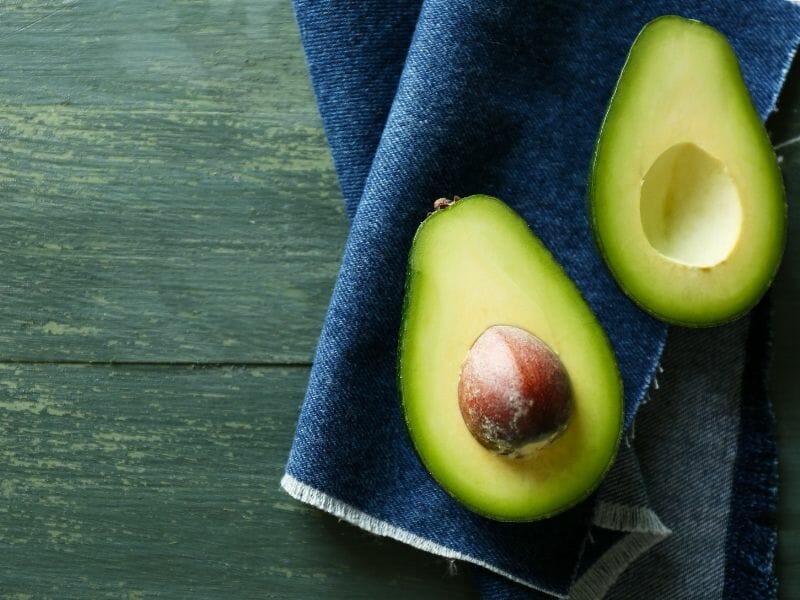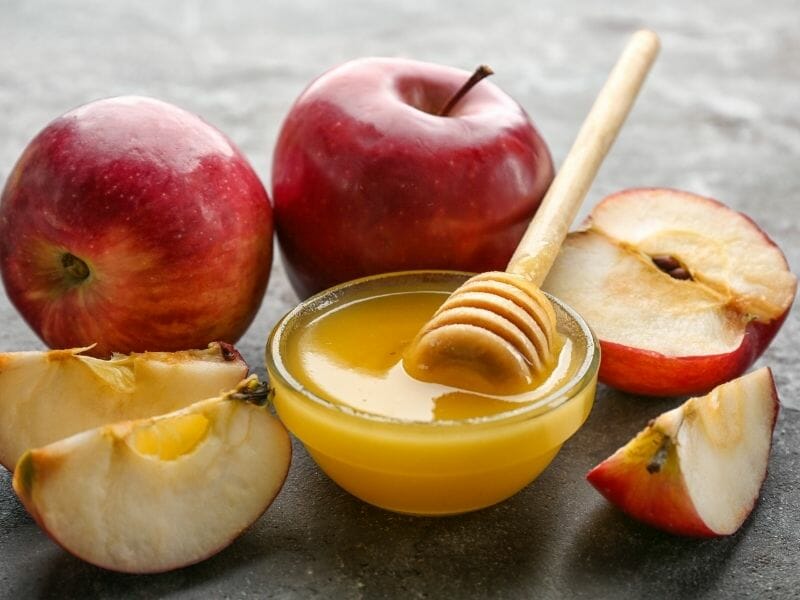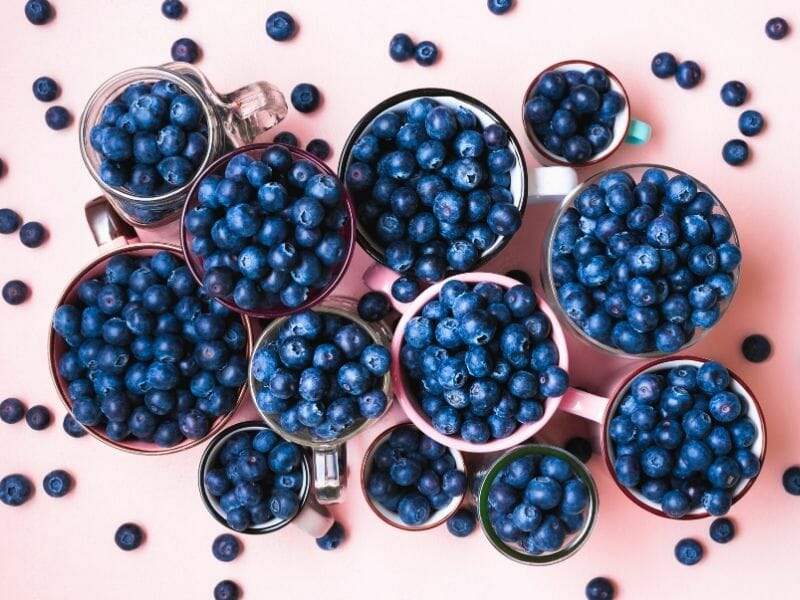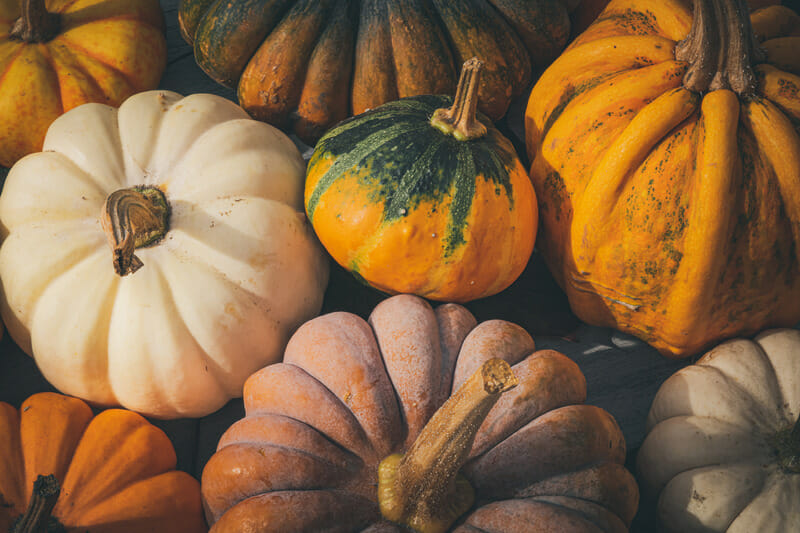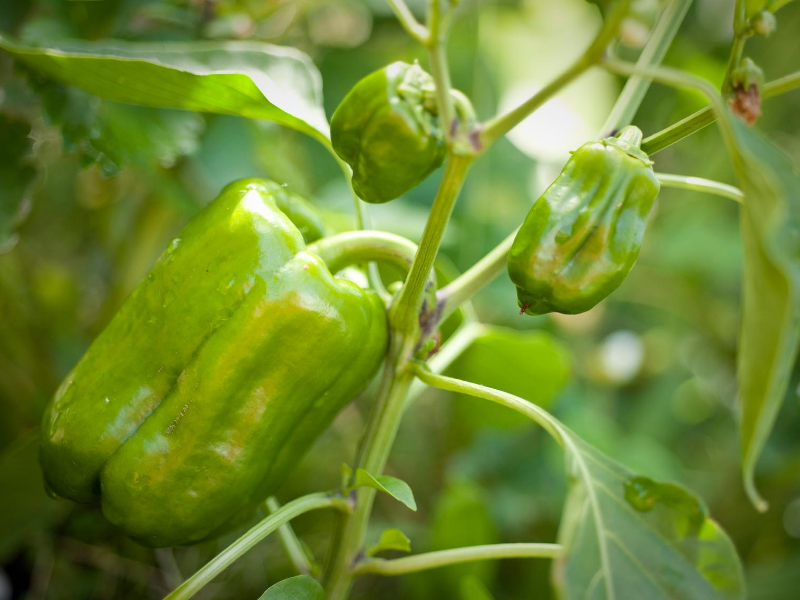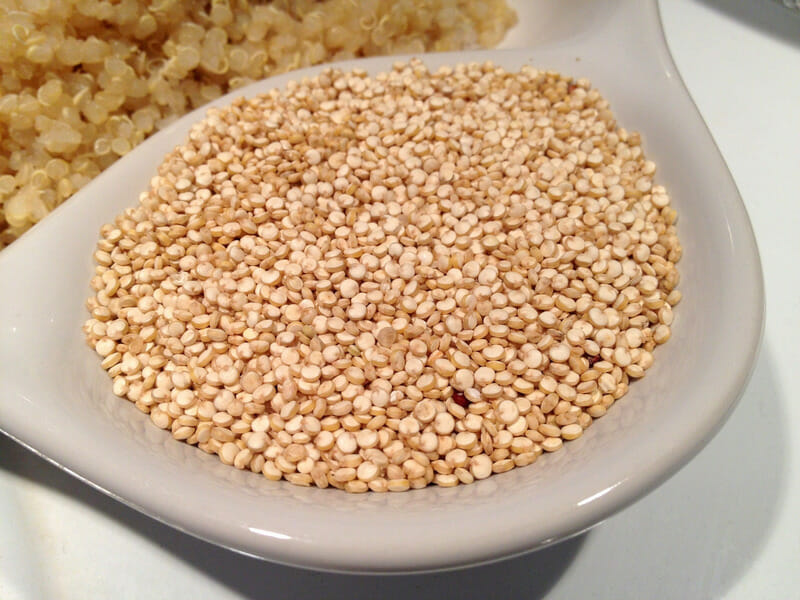The short answer: No. The long answer: Similar to dogs, cats should not be eating avocados on a regular basis. Avocado is a fruit that contains the antifungal compound persin, which can be found on its skin, flesh, and leaves. When ingested, the toxin can cause vomiting, diarrhea, and pancreatitis due to its high fat… Continue reading Can Cats Eat Avocado?
Tag: fruit
Can Dogs Eat Applesauce?
The short answer: Yes, but in moderation. The long answer: Apple is a fruit that dogs can safely consume. Applesauce is made up of apples that have been stewed and puréed. Though it is widely available in the market, not just any kind of applesauce can be fed to your dog. Ones flavoured with sugar… Continue reading Can Dogs Eat Applesauce?
Can Cats Eat Strawberries?
The short answer: Yes, but only occasionally and in moderation. The long answer: Strawberries are juicy and fragrant fruits that your cat can enjoy once in a while. Since cats are obligate carnivores, they need to consume mostly protein and fat to fulfill their dietary needs. Fruits such as strawberries would only be considered as… Continue reading Can Cats Eat Strawberries?
Can Cats Eat Blueberries?
The short answer: Yes, but only in small amounts. The long answer: Blueberries are rich in fiber, manganese, antioxidants, and vitamins C and K. Though they are considered a superfood for humans, blueberries should not be fed to your cat on a regular basis because she is an obligate carnivore. Since blueberries are high in… Continue reading Can Cats Eat Blueberries?
Can Cats Eat Grapes?
The short answer: It is not recommended. The long answer: Based on existing research related to dogs and some anecdotal reports, most experts do not recommend feeding grapes to cats. There is an unknown medical compound in the fruit that causes acute kidney failure, making it lethal for some animals. Other types of human food… Continue reading Can Cats Eat Grapes?
Can Dogs Eat Squash?
The short answer: Yes. The long answer: An aid for stool stiffening, squash is a natural produce that your dog can safely consume. It contains high amounts of beta-carotene (promotes eye health), manganese (boosts bone strength and helps the body process fats and carbohydrates), as well as vitamins A, B6, and C, folate, fiber, riboflavin,… Continue reading Can Dogs Eat Squash?
Can Dogs Eat Green Peppers?
The short answer: Yes, but only occasionally and in small amounts. The long answer: Green peppers are unripe bell peppers that were harvested before they got the chance to turn yellow, orange, and/or red. Safe for dogs to consume, these slightly bitter tasting fruits are packed with thiamin, niacin, folate, magnesium, copper, potassium, manganese, and… Continue reading Can Dogs Eat Green Peppers?
Can Dogs Eat Dates?
The short answer: Yes, but only occasionally. The long answer: Even though raisins and dates look similar, the effects they have on dogs are extremely varied. Raisins are dried grapes, so they are extremely toxic for dogs. On the other hand, dates are the fruits of date palm trees and they are safe for your… Continue reading Can Dogs Eat Dates?
Can Dogs Eat Figs?
The short answer: Yes, but in very small amounts. The long answer: High in natural sugars and soluble fiber, figs are a great source of antioxidants (vitamins A and K) and minerals (potassium, calcium, magnesium, iron, and copper). However, your dog should only eat limited amounts of this fruit because the sugar content may upset… Continue reading Can Dogs Eat Figs?
Can Dogs Eat Quinoa?
The short answer: Yes. The long answer: Quinoa is a gluten-free seed that is safe for dogs. Often eaten by humans as a healthier substitute for rice, it contains high levels of protein, healthy carbohydrates, B vitamins, and minerals compared with other grains. Eating quinoa is said to increase your dog’s muscle growth, reduce his… Continue reading Can Dogs Eat Quinoa?

